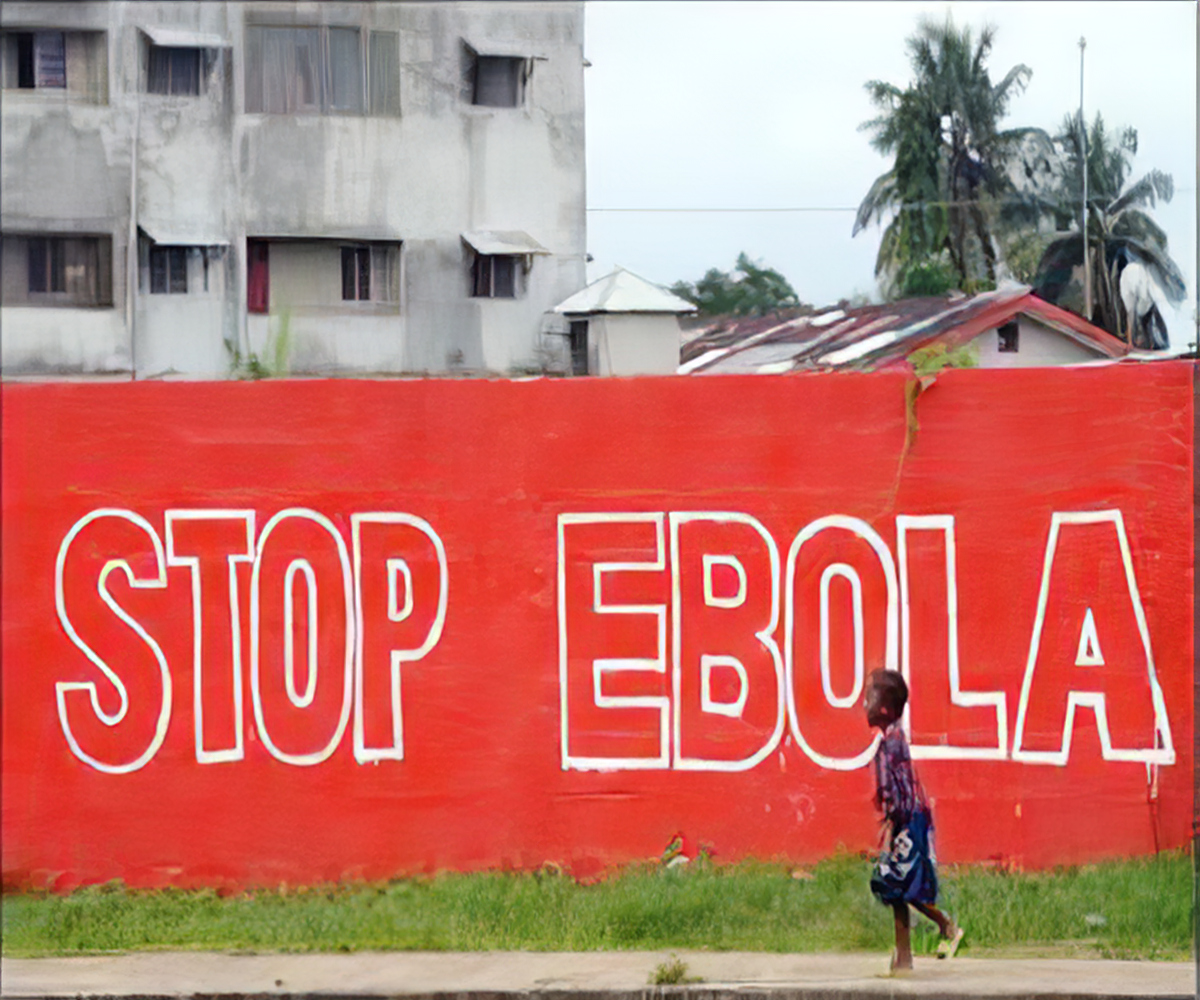Measures Taken To Tackle Polio Helped Prevent Nigeria From Ebola Epidemic

For the first time in Nigeria's history, the country has just become polio free. It was the result of diligent work, careful negotiations, commitment and thousands of volunteers. All these efforts also helped save the country from an Ebola epidemic.
Last July, Patrick Sawyer carried the Ebola virus from Liberia to Nigeria. And though he passed the virus to almost two dozen other people and eight of them died, Nigeria was spared from becoming an Ebola epidemic.
"It was a combination of fortunate circumstances and a little bit of preparedness on our side," said Oyewale Tomori who heads the Nigerian Academy of Science and Chair of the Committee to Eradicate Polio.
Quick action combined with luck prevented a larger outbreak said Dr. Mohammed Pate, a former Nigerian health official who is now at Duke University in the U.S.
"The case went to a good hospital," he said, "where the provider, Dr. Ameyo Adadevoh, was a very strong leader, raised the alert and sent out information to look for cases to contact."
At this point, Nigeria's current surveillance system for polio played a major role. Volunteers and thousands of people used the system to find those who might have been exposed to Ebola. Then they were insulated and the contact list was updated regularly.
Every visitor to Nigeria and all those who left the country were scanned for a fever. Since the work for polio was going on, Nigeria already had a laboratory where technicians could quickly diagnose the Ebola virus, said Tomori. "I think the fact that we had what we call an emergency operations center for polio, it was then easy to deploy that to solve the problem with Ebola" he said.
Now the Nigerian government is again warning people to be on high alert, to practice good hygiene, wash their hands frequently and avoid close contact with anyone who is sick with new cases of Ebola in neighboring Liberia.
Source: Medindia